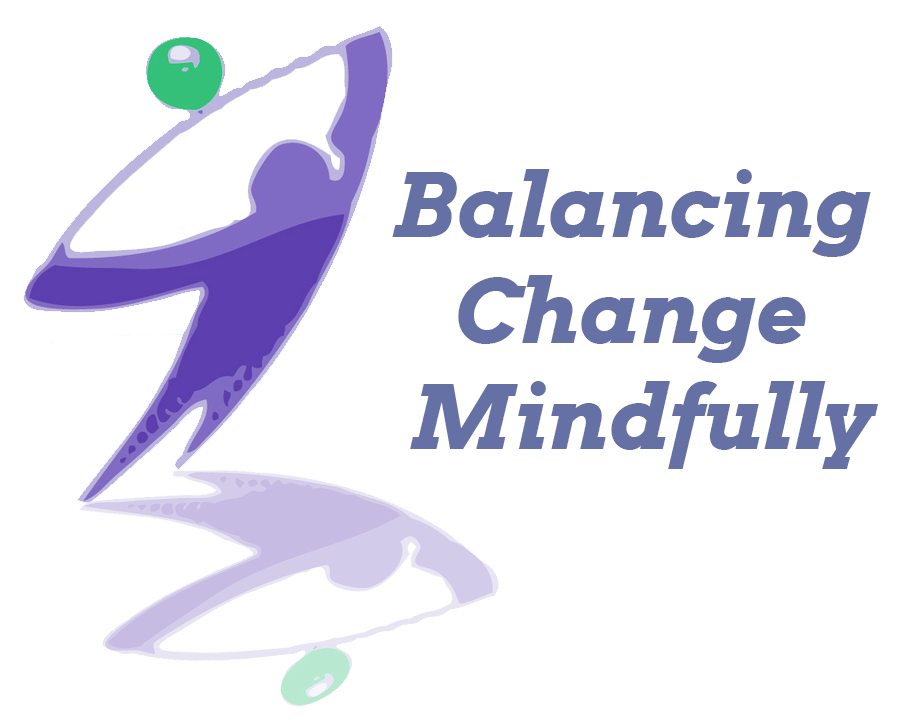
Emotional Intelligence
Emotional Intelligence is defined as a set of competencies demonstrating the ability one has to recognize his or her behaviors, moods, and impulses, and to manage them best according to the situation. This course will give you the tools you need to be emotionally intelligent in your workplace. An employee with high emotional intelligence can manage his or her own impulses, communicate with others effectively, manage change well, solve problems, and use humor to build rapport in tense situations. These employees also have empathy, remain optimistic even in the face of adversity, and are gifted at educating and persuading in a sales situation and resolving customer complaints in a customer service role.
Emotional Intelligence is a part of you that affects every aspect of your life. Understanding the root causes of your emotions and how to use them can help you to effectively identify who you are and how you interact with others.
With Emotional Intelligence being a fairly new branch of psychology, its definition can be found in various theories and models. We are presenting a definition influenced by a few theories, and mainly popularized by Daniel Goleman’s 1995 book Emotional Intelligence.
Developing successful Emotional Intelligence begins by understanding your emotions and their meanings. With this understanding, you must uncover productive ways to manage your emotions, then use them to the benefit yourself and others.
1. How to Accurately Perceive Emotions
The words that people say are only half of the message they are trying to get across. The tone in which they say it, or the emotion tied to their words, is the other half. For example, if your boss says, “We’re going to have to let you go” with the look of concern or in a caring tone of voice, he /she are actually saying, “Unfortunately, we are going to have to let you go.” On the other hand, if your boss makes that statement, trying hard to keep from laughing, he / she could be saying, “Fortunately, we are going to have to let you go.”
The ability to decide the manner, in which things are being said, lies in your knack of being able to decode the message by looking beyond the words themselves. It is important that you do not allow your emotional state of being to cloud your judgment of what is being said. Focus on the message (verbally and non-verbally) itself in order to accurately perceive the emotions of others.
2. Use Emotions to Facilitate Thinking
‘Use emotions to facilitate thinking’ is such a profound statement. How one feels will determine how he/she views situations. If you are in a happy mood, everyday events don’t seem so bad. On the contrary, if you are not in a happy mood, even the smallest of situations can seem major to you.
When it comes to the workplace, regardless of your mood, your boss expects you to be a high performer. Make it easy on yourself and ‘choose’ to be in a good mood.
3. Understand Emotional Meanings
The underlying reason for why you feel the way you do is very important to understand. If you know why you are unhappy, you can either alter the thing that is making you unhappy or consciously tell yourself that ‘thing’ is not worth allowing you to be upset, which can ultimately turn your negative mood into a positive one. Having this understanding can not only be used to internally gauge yourself, but can also help with how you interact with co-workers.
4. Manage Emotions
Knowing what emotion you are exhibiting or understanding the reason for that emotion is not enough to manage your emotions. Managing your emotions is a conscious and active task. This can be done in several ways. The overall goal is to establish strategies that utilize your emotions to help accomplish a goal rather than allowing your emotions to use you to create a futile outcome.
It is important to remember that your emotions are not the ‘enemy’. They contain valuable information that if used properly, can help you make sound decisions.
If you are interested in receiving one-on-one or group coaching to work with a professional on increasing emotional intelligence then sign up for Balancing Change Mindfully for free today!
Sign Up for Free Today!